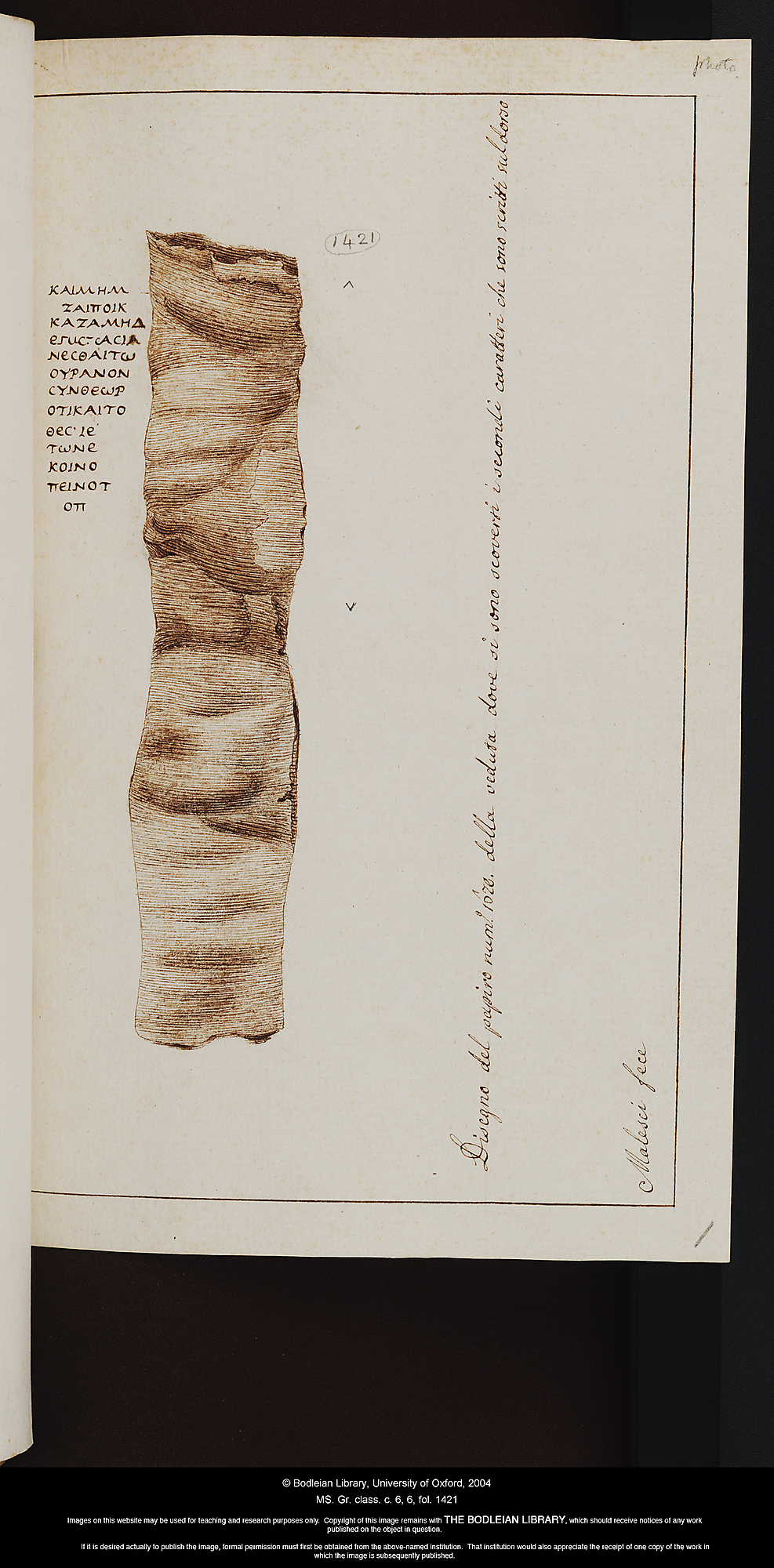 Rob Cioffi, Chuck Doran, and Jay Elliott Stevenson Library 4th Floor Reading Room 1:30 pm – 2:30 pm EST/GMT-5
Rob Cioffi, Chuck Doran, and Jay Elliott Stevenson Library 4th Floor Reading Room 1:30 pm – 2:30 pm EST/GMT-5 On the afternoon of August 24th, 79 CE, an unusual cloud in the shape of a pine tree could be seen across the Bay of Naples. As night turned to dawn on the morning of the 25th, Mt. Vesuvius was erupting with lethal force: buildings shook violently, the sea was absorbed back into itself, and black clouds rent by fire coursed through the sky. The eruption buried cities, killed tens of thousands, and terrified countless others. Yet, Vesuvius’ destruction was also, paradoxically, responsible for stunning acts of preservation. In Pompeii, the volcanic ash created a time capsule of Roman life in 79 CE, and in Herculaneum the deadly, hot gas preserved a whole library: nearly 1,000 ancient Greek and Latin book rolls that had been carbonized during the eruption. The only problem has been reading them. For 250 years scholars have tried to unravel the Herculaneum texts with varying degrees of success—and substantial loss of material.
On the morning of February 5th, 2024 CE, all that changed. The Vesuvius Challenge announced three winners, who, thanks to advanced imaging technologies and artificial intelligence, have used a non-destructive process to read a significant portion of a new Herculaneum text. It is very likely by the epicurean philosopher Philodemus. Their discovery has the potential to change the landscape of Greek literature. It has already become major news and has featured in stories on
NPR and in the
Guardian. This informal seminar will present these findings to the Bard community, lay out their groundbreaking significance for anyone interested in Greek literature and ancient philosophy, and discuss their potential further applications.